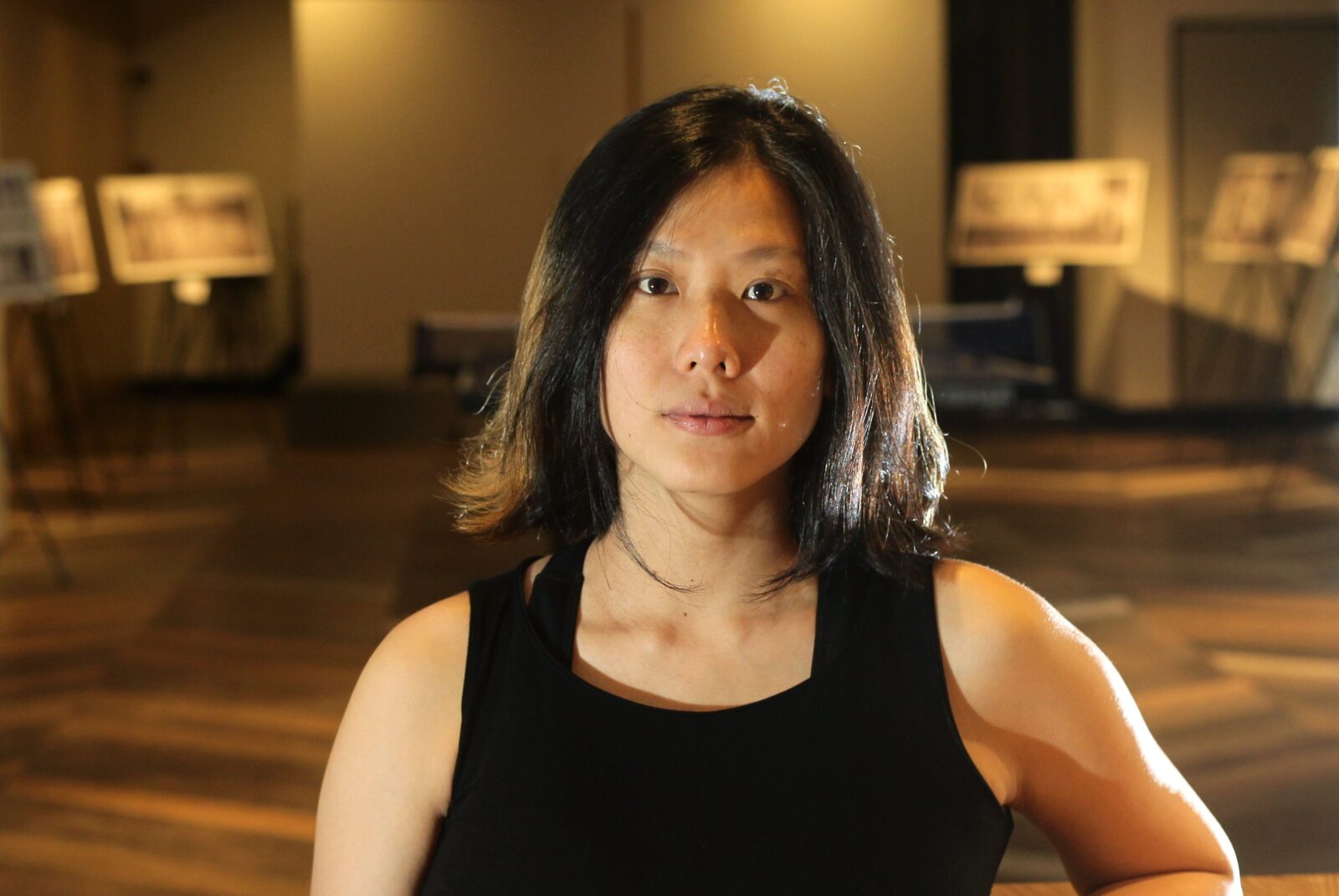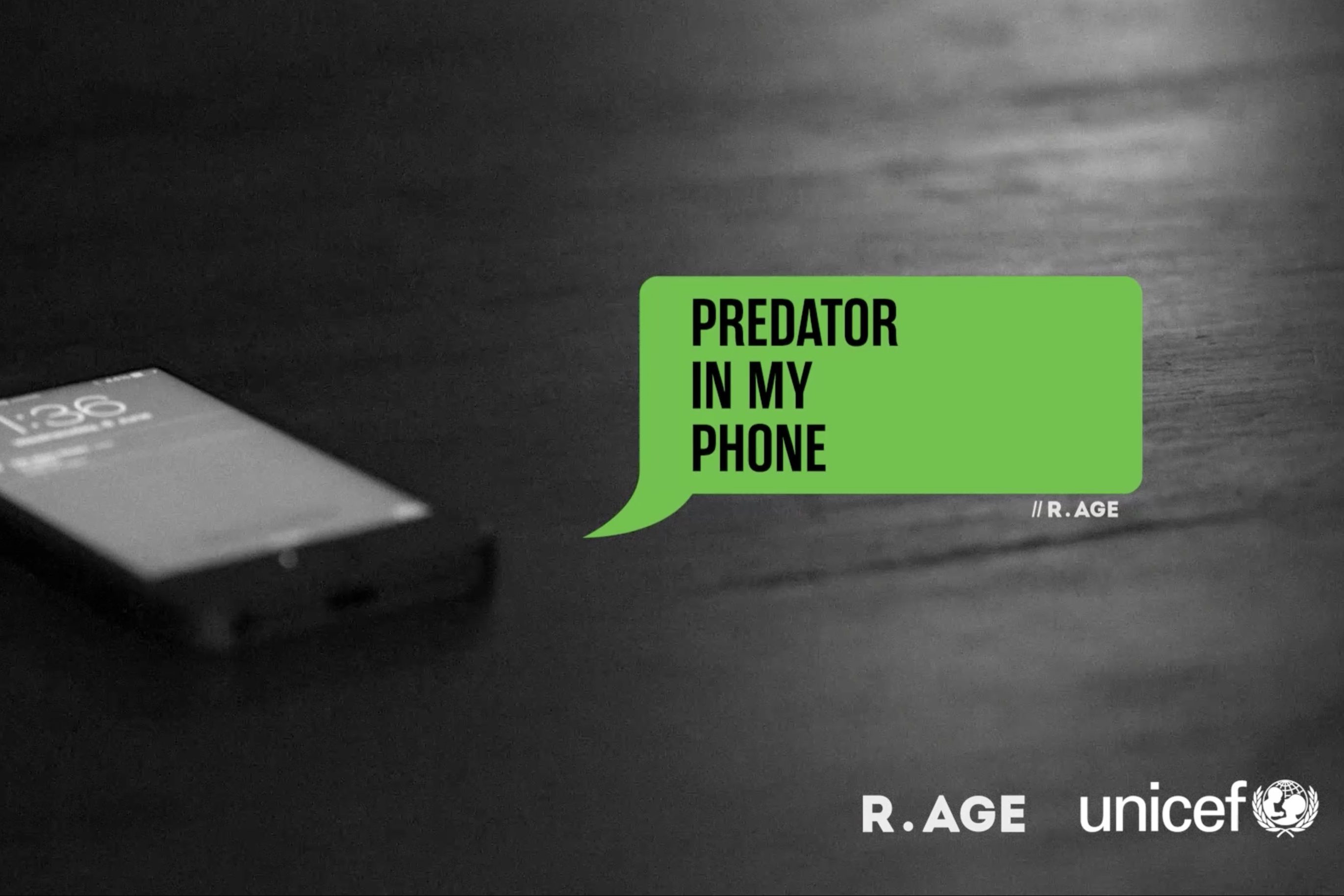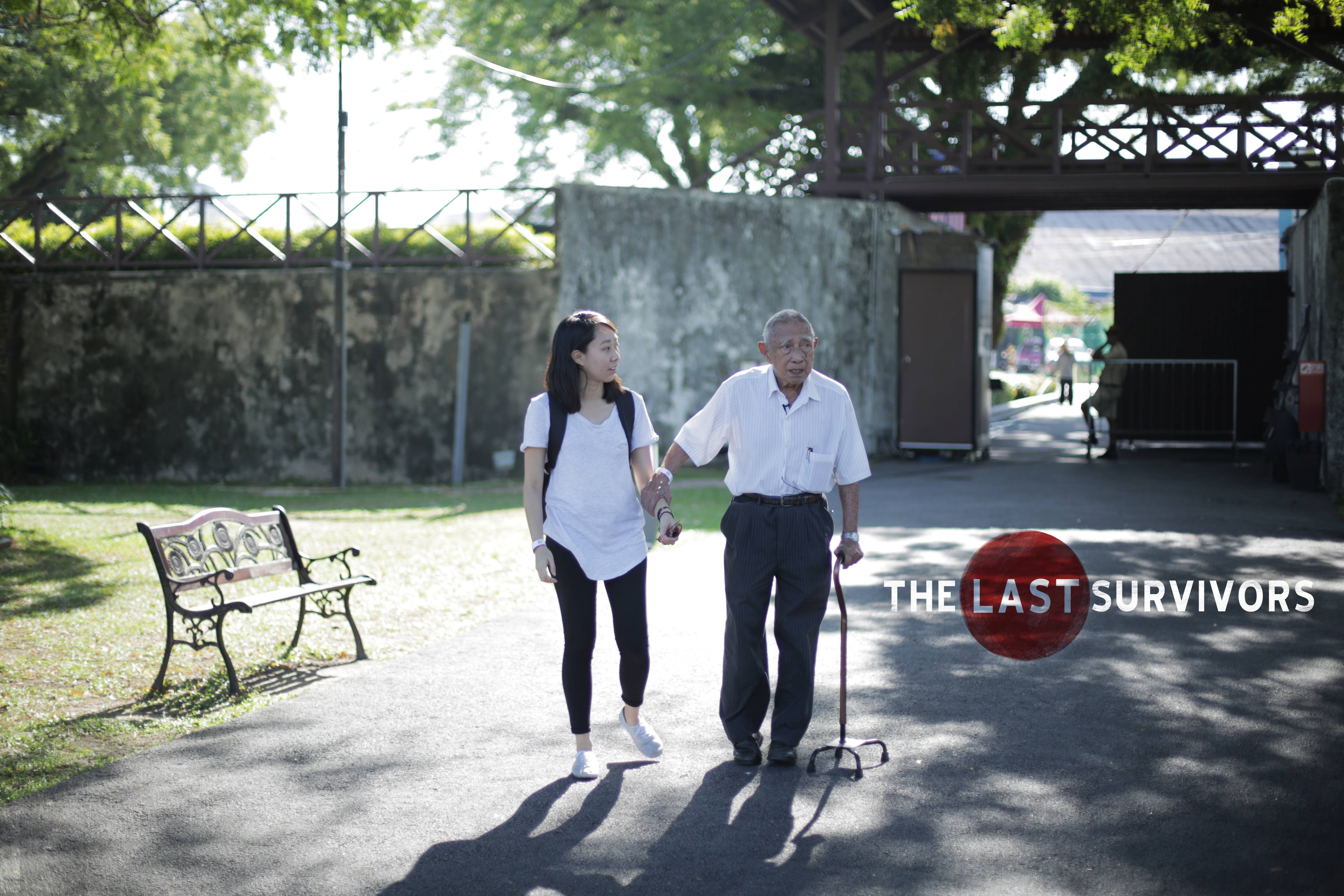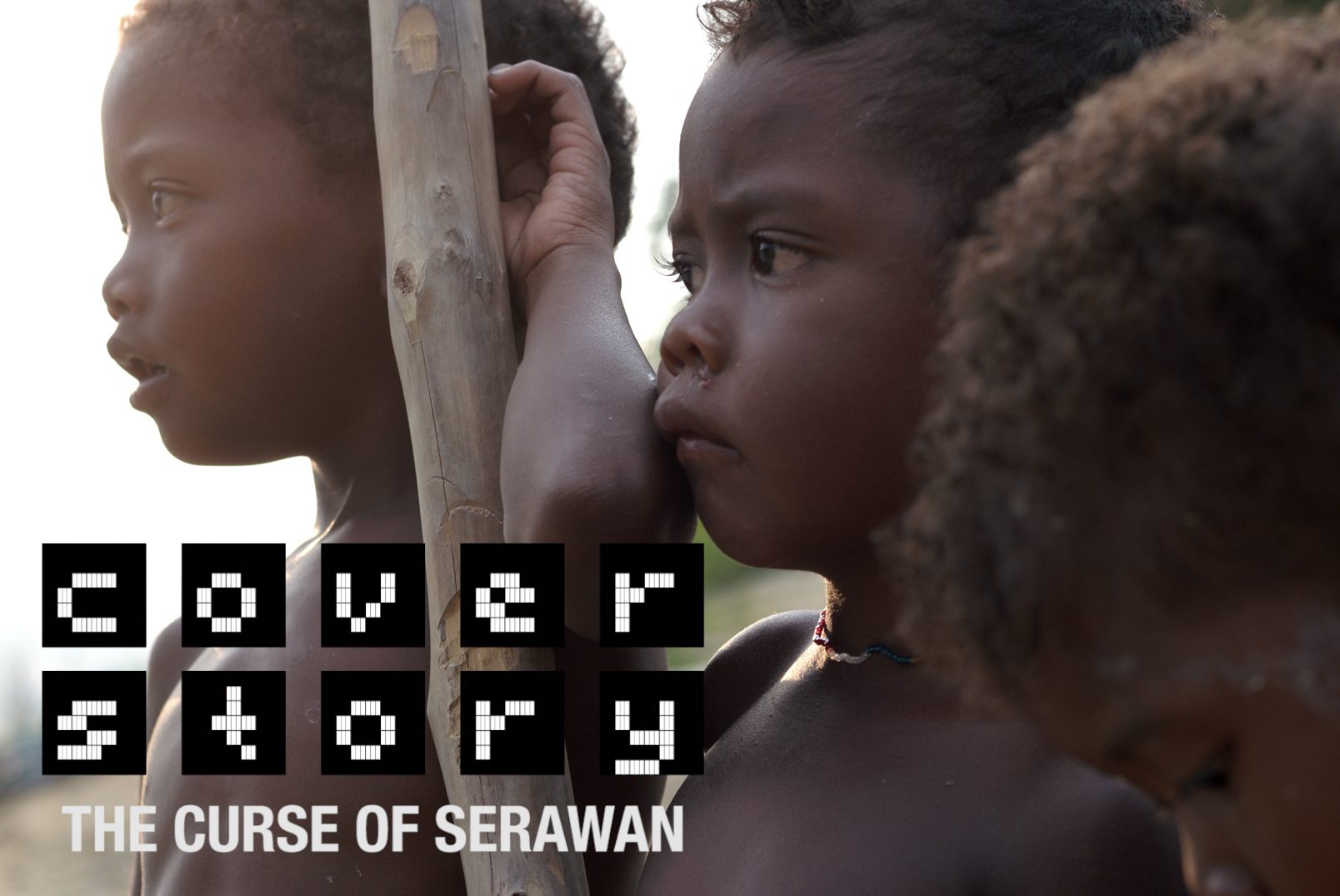By LIM MAY LEE
fb.com/thestarRAGE
DESPITE having the advantage of fancy equipment and the Internet, young Malaysian filmmakers are still not progressing enough, said acclaimed director Tan Chui Mui.
Tan spent the last few years travelling throughout South-East Asia, mentoring for film workshops in Myanmar, Indonesia and Singapore, and upon arriving home, she was appalled to see how few new filmmakers there were.
“It made no sense,” she said. “Technology is better now. There is more attention and support for filmmakers now, but when I met a few young ones, they complained that there are actually fewer opportunities.”
A lack of community – locally and regionally – might be the root of the problem, she said.
“When I first started, we didn’t have expensive cameras,” she said. “We didn’t have YouTube or Facebook to help us spread the word, either. What we had was a community.”
Tan, who recently made headlines after accusing a local ad agency of plagiarising her work, said her circle of friends in the filmmaking industry helped each other produce, direct, edit and even act in each other’s work.
These low-budget, communal projects turned into award-winning films, giving Tan and her filmmaking posse international recognition at festivals like the Busan International Film Festival (BIFF) – Asia’s biggest film festival – and Cannes.
Regionally, a sense of community with the movers and shakers in South-East Asian cinema could help creative processes as well.
“Despite all the choices available online, the youth have gravitated towards American films, neglecting the culturally-rich but lesser-known products of South-East Asian cinema,” Tan said.
“That’s such a waste. There are so many good films from Thailand, Indonesia and Singapore that our young filmmakers should be exposed to.”
Related story: Filmmaking workshop Next New Wave is back
To help the youth towards their dreams of film glory, Tan had some key advice to give:
1 It’s okay if you don’t have money
As long as there is support from the filmmaking community for their ideas, young filmmakers should take a leap of faith and start working on their projects, even if they don’t have all their finances in place.
The money will come, said Tan, whose first feature-length film Love Conquers All was produced on a shoestring budget but helped win her awards that came with huge cash prizes, like the BIFF 2006 new director award, worth US$30,000 (RM120,000).
“I gave the prize money to my friend, (Malaysian director) Liew Seng Tat, to make his first film, which won him the next festival’s film director award,” she said.
That film earned him a cool US$50,000 (RM200,000).
2 Learn by doing
Some might think it’s a chicken and egg situation, but to Tan, it’s clear which comes first when you’re talking about filmmaking.
“Just do it!” she said with a laugh.
That’s exactly why she started the Next New Wave film workshop, which matches aspiring filmmakers under 25 with experts from across the region. The participants will be thrust straight into the deep end, having to produce a short film together in a week.
“You learn about filmmaking by making films, so don’t worry so much and just get started,” she said.
3 Appreciate films from our region
“If you can’t see what’s around you, how can you create something different?” said Tan.
But it’s not just about getting creative inspiration. Learning more about South-East Asian films could provide a lot of practical ideas for aspiring Malaysian filmmakers.
“We share many of the same problems across the region,” she said. “Watch how they can make good films on a small budget, or around certain cultural limitations, and apply it to your own films.”
4 Be an all-rounder
Noting that most of the applicants for the first Next New Wave workshop last year were for the director segment, Tan urged young film enthusiasts to also consider learning other disciplines.
The Next New Wave workshop looks for participants from all six major filmmaking disciplines – directing, producing, scriptwriting, editing, sound editing and production designing.
While most film schools focus on teaching students to be directors, Tan said the industry also really needs a lot more scriptwriters and producers.
In any case, those who understand the other disciplines well tend to make better directors.
“It’s important for directors to learn about things like sound and editing too,” she said. “It helps them communicate better with the rest of the crew exactly what you want, and how you want to achieve it.”
5 Don’t take yourself too seriously
Tan saved her simplest but most crucial piece of advice for last – whatever you do with film, make sure you’re having fun.
“One of the biggest mistakes I’ve made was taking myself too seriously, especially after I started winning some awards.
And when I stopped having fun, it became harder and harder to go on making good films.”






Leave a reply